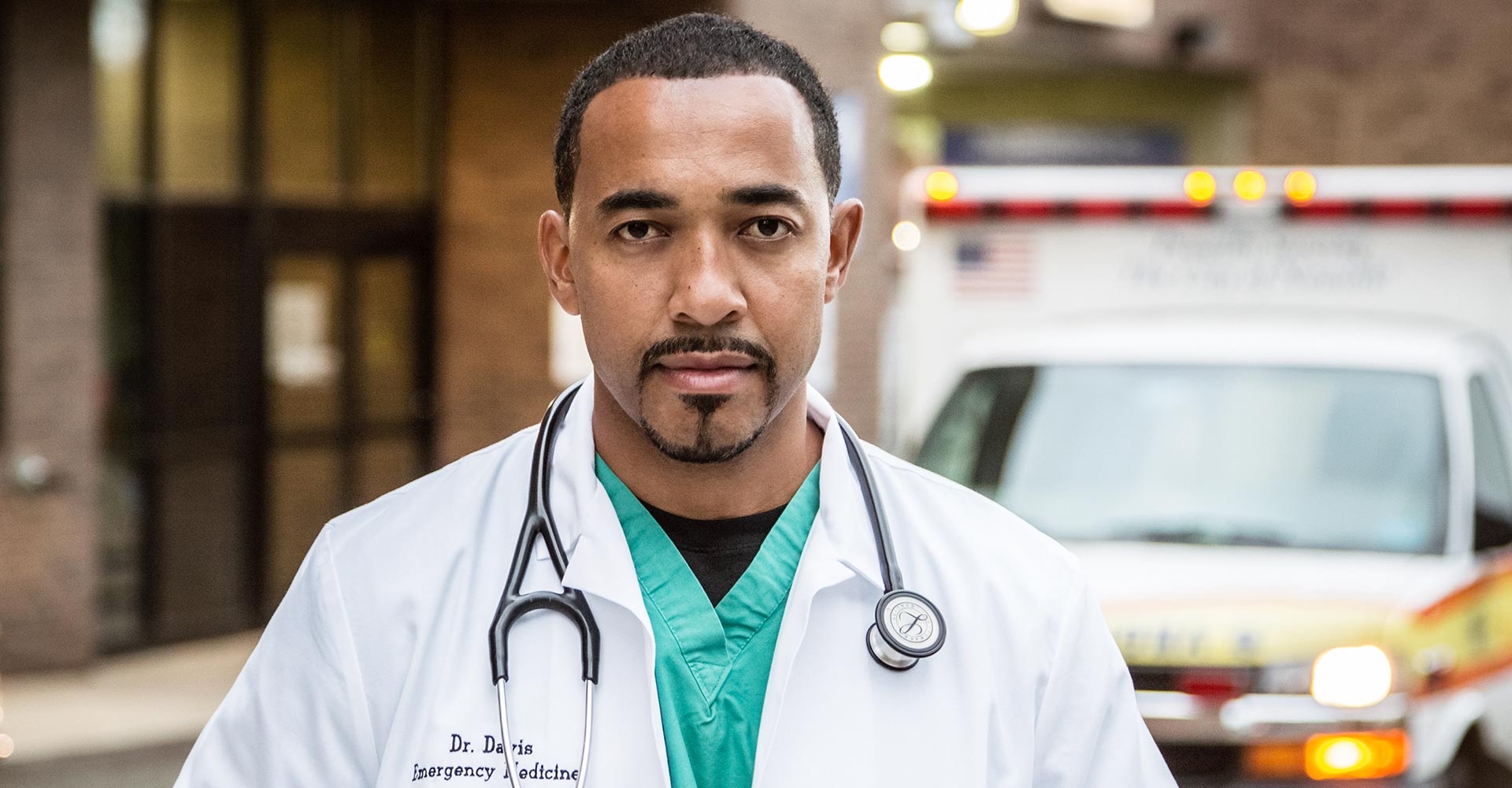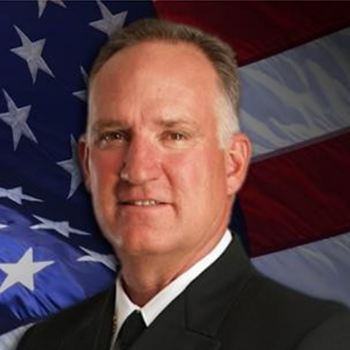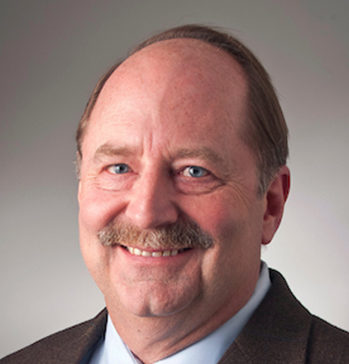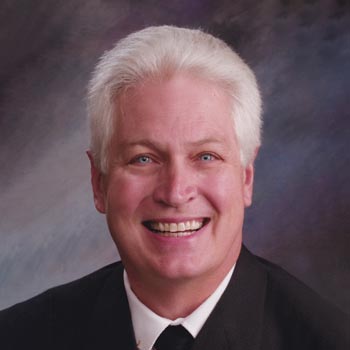A prescription for beating the odds
From the streets of Newark to 'Oprah,' Dr. Sampson Davis is living proof of the ability to heal a community from the ground up.

It’s a long journey from the streets of Newark, New Jersey, to becoming a doctor and being hailed by Oprah Winfrey as one of the “premier role models of the world.”
For Sampson Davis, M.D., it’s one that has brought him back to the community in which he grew up: Today, he’s an emergency-room doctor in Newark. He details his journey from juvenile hall to the operating room in his book “Living and Dying in Brick City,” which he’ll recount in his visit to Metropolitan State University of Denver on Sept. 26 as part of the President’s Speaker Series.
Co-sponsored by the University’s Health Institute and Department of Human Services and Counseling, Davis’ speech will detail topics including mental health, substance abuse, diversity in the medical field and his calling to care as an act of reciprocity.
“I was raised by a single mom who still found a way to open doors and help people,” he said. “That was something I picked up from her, that need to give back and help others. And for me, the way to do that was through medicine.”
In an environment where many of his peers were succumbing to the streets, it took a concerted effort to reimagine what was possible for his future. Davis described the stumbles he encountered early on as he faced adversity focusing on academics, transforming his own stint in juvenile detention into a renewed sense of purpose that eventually led him to college and medical school.
“It was tough — in that environment, it wasn’t popular to focus on academics,” he said.
He credited the bond developed with childhood friends Rameck Hunt and George Jenkins, who also went into medicine and with Davis are known as the Three Doctors, for the support and accountability that led him to academic success detailed in the New York Times bestseller “The Pact.” His accomplishments in medicine coupled with his personal story launched Davis into the spotlight with appearances on “The Oprah Winfrey Show” and “Dr. Oz.”
“Even though we didn’t know the first thing about becoming a doctor, I made a promise to my best friends,” he said. “Regardless of your goal, it’s amazing what you can do with a collective group of folks with similar mindsets and your focus on the journey more than the mindset.
“It’s all about the grassroots fellowship that helps get you there.”

Cultivating care from the ground up
Building an interconnected network of support is central to the University’s Health Institute, a collaborative effort of 10 academic departments dedicated to helping address issues of health equity and access in Colorado.
“We see a shift happening across education and health care for both to think more in terms of systems,” said Emily Matuszewicz, interim director of the Health Institute. “The complexities require people to communicate across disciplines; we’re really beginning to see how challenging it is when you have teams that don’t know how to do that.”
The University is educating the next generation of care providers that do, however, thanks in part to a $3.1 million grant from the U.S. Department of Health and Human Services’ Health Resources and Service Administration. This has helped to establish the Health Careers Opportunity Program, which sets up students from underrepresented backgrounds with mentors, scholarships and clinical learning experiences. And the Colorado Health Foundation Grant, a $469,919 award to be distributed over three years specifically designed to support undocumented students in this process.
Together, these efforts are slated to enable communities to improve the wellness conditions in which they are born, grow and live.
“Social determinants of health are key – that’s the challenge when looking at health equity,” Davis said. “How do I get to and from the doctor if I’m working 12-, 16-hour days? How do I get access to quality, affordable food?”
It’s not a one-size-fits-all solution, as the realities of life in Denver are different from those facing Newark. However, one critical element remains the same throughout – empowering individuals to cultivate care from the ground up.
“Building clinics, having brown and black doctors that reflect the populations they serve – those things are important, but they’re one part of the answer,” Davis said. “The goal is not just access but community involvement in the process. When people do that, they have a sense of ownership; they’ve got skin in the game.”
A matter of faith — and persistence
Centering the individual is exactly the approach the University is taking to tackle issues such as Colorado’s substance-abuse crisis.
“Higher education’s role isn’t necessarily to fix health care but to help inform, develop policies and supply the next generation of providers,” said Annie Butler, department chair and professor of human services at MSU Denver. “It’s about scaffolding onto their life experiences with applied skills and theoretical knowledge.”
That preparation has resulted in a litany of success stories, including individuals who’ve overcome loss and trauma to find hope during the darkest moments, those living their dreams of becoming the next class of first responders and even those who have literally risen from the dead with a renewed purpose.
“Our students come from places where they want to give back, which is a parallel with Dr. Davis,” Butler sad. “And reading his book, it really struck me that everything he’s talking about – the impact of substance abuse, sexual health, addiction, manipulation of the system, making life-changing choices – these are the exact things we cover in class.”
Going from the streets to the classroom and then back to help your community requires individual effort and a network of support, one that Davis has dedicated his life to enabling. For him, it’s a matter of faith – and persistence.
“Too often, we start with a dream and settle for less,” Davis said. “For me, it was asking, ‘Why not become a doctor?’
“God gives each of us a unique gift – the key is knowing what that is and then learning how to cultivate it.”
Davis visits campus as part of the President’s Speaker Series on Sept. 26 for a discussion and book signing at St. Cajetan’s Event Center. RSVP here to reserve your seat.







